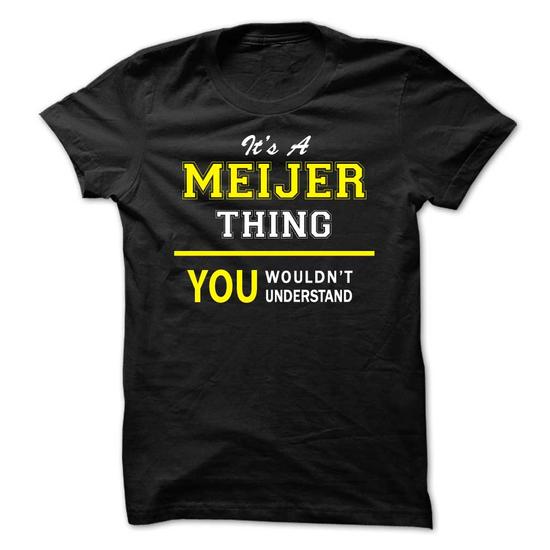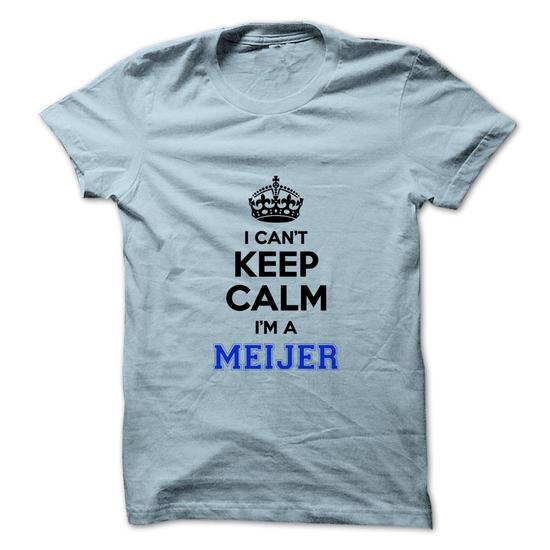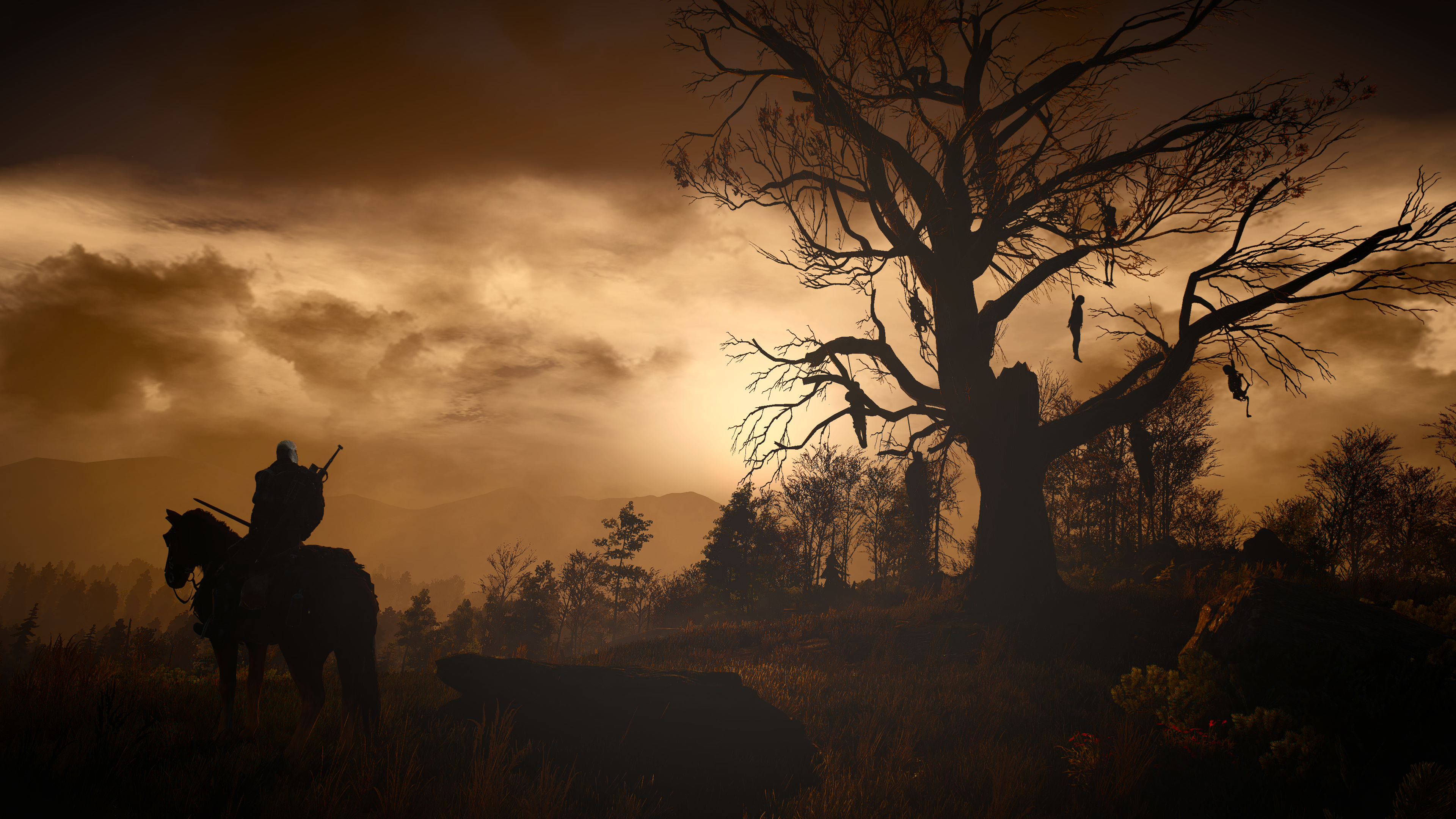This morning I woke up from a very vivid dream. I had spent the day with my mother, going around Hoorn and visiting the sites. We talked about history, of the town, of our family and of ourselves. She filled in gaps, cleared up misunderstandings, put things in context and explained things that I was sometimes too young to understand. Then we had a meal together somewhere in the harbour of Hoorn. It was a good day.
There are so many things that are unclear about our family, about our origin, about the feuds and the fights and about everything which has had an incredible impact on my personality. So much understanding has been lost regarding the generational trauma which has been passed down. Gypsies, Jews, the war, Rotterdam, Katendrecht, poverty, Hoorn, a big family, a secret, second family, physical abuse, sexual abuse, death…
It’s unfortunate that I don’t have the relationship with the few remaining family members of my mother’s generation where I can go to have conversations about some of the things which have happened during my childhood and what caused them. I miss having someone who can augment, correct, corroborate and validate some of the history; like a tribal elder.


